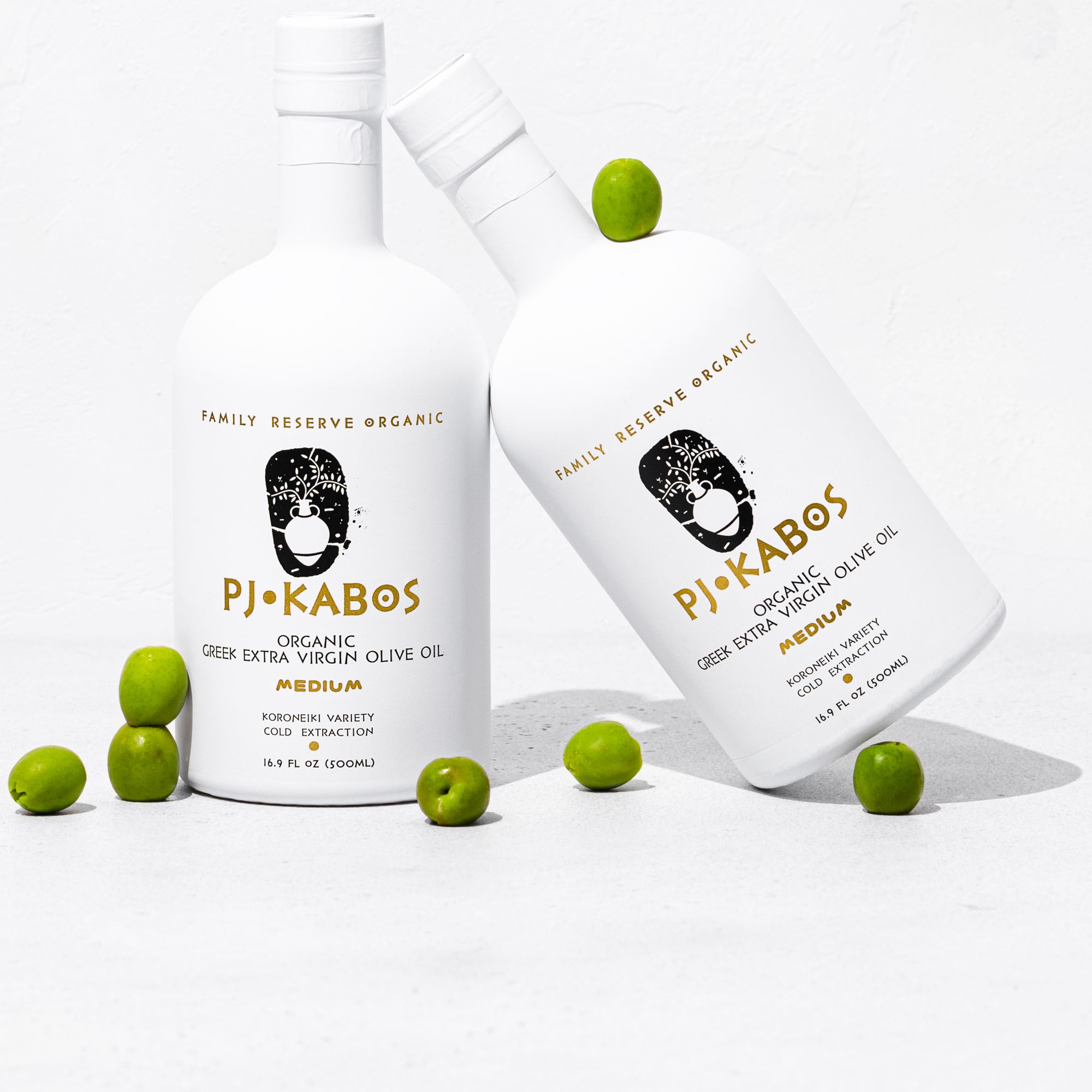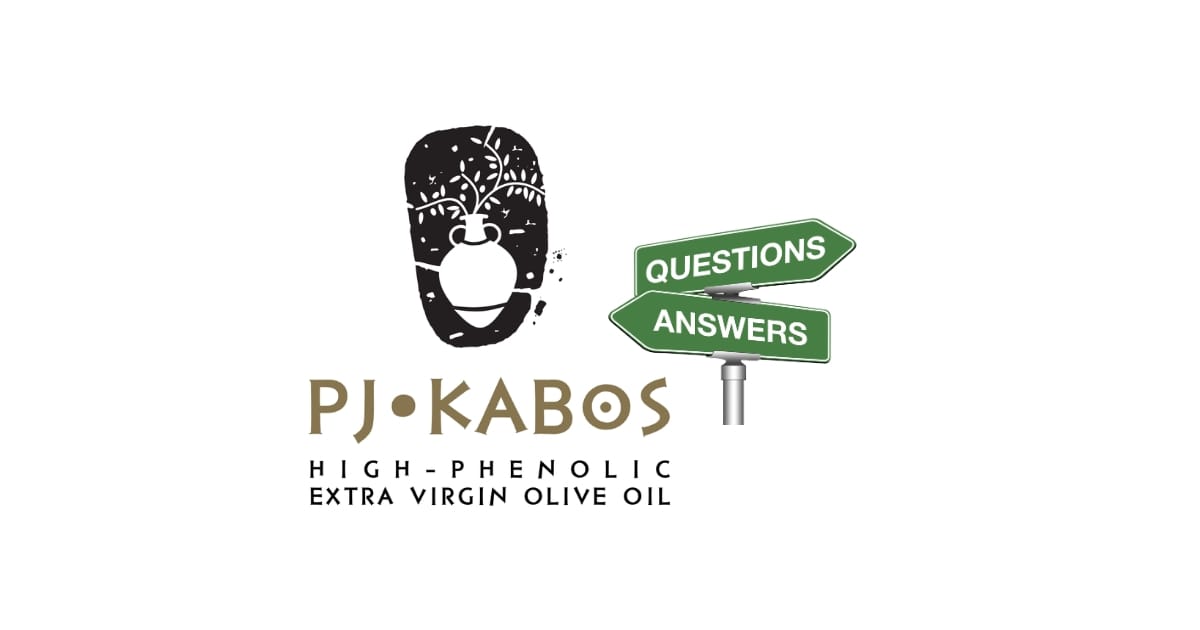Olive trees are an major feature of the countryside of this Mediterranean jewel and the high quality olive oil they produce is a staple of this Blue Zone's diet.
If you’ve ever been to Sardinia, an Italian island in the Mediterranean Sea, you’ve likely been captivated by its crystal clear cerulean waters, lingering sunsets, and rugged coastal landscape dotted with flowering prickly pear cacti, low-growing shrubs, and juniper trees. But if you pay close attention as you’re walking through one of its many scenic seaside or mountain villages, you will likely notice something else: Many wrinkly, but smiling faces.
Sardinia is a Blue Zone — one of five geographic areas in the world where people live the longest, healthiest lives (the other Blue Zones are: Ikaria, Greece; Okinawa, Japan; Nicoya, Costa Rica; and the Seventh-day Adventist community in Loma Linda, California).
In fact, the island of Sardinia has approximately 10 times as many centenarians per capita as the U.S., many of whom are concentrated in mountainous regions. And these aren’t people who are living to 100 with the aid of countless medications and assistive devices either. Many of Sardinia’s centenarians are vibrantly healthy right up until the end.
So, what is it about Sardinians that allows them to cheat death — at least for a couple decades longer than the average American? As you’ll soon learn, it’s a combination of factors, including a healthful diet (and great olive oil, of course).
The Sardinian Recipe For Longevity
In 2001, a man named Antonio Todde, or Tziu Antoni (“Uncle Tony”), passed away peacefully in his sleep. He was 112 years old and had been born in Sardinia’s Nuoro province where he worked as a shepherd all his life. According to friends, he was lucid until the very end, and had enjoyed long walks and a simple diet based on pasta, vegetable soup, red meat, and cheese.
In a previous interview that Todde had done with the BBC, he summarized the secret to a long life like this: "Just love your brother and drink a good glass of red wine every day. You take one day after the other, you just go on."
While there’s a bit more to it than that, he was definitely onto something. Researchers have discovered that the true recipe for Sardinian longevity and vitality has several key ingredients, involving diet, physical activity, community, and really great genes (a genetic variation among Sardinians referred to as M26 is linked to impressive longevity, and the fact that the island is geographically isolated means that of its inhabitants have it). Sadly, you can’t duplicate the genes, but you can mimic much of the rest!
1. A tasty spin on the Mediterranean diet.
The Sardinian diet is probably responsible for around 25 percent of someone’s likelihood of hitting 100, according to Dan Buettner, the man largely responsible for identifying the five Blue Zones sprinkled across the globe. It has many similar features to the Mediterranean diet, and often includes lots of freshly grown garden vegetables, fruits, healthy fats, legumes, whole grains and some dairy, seafood, and meat (mainly pork and lamb). The diet is also heavily plant based, and meat is often reserved for Sundays and special occasions. Lunch is often the largest meal of the day, and dinner is kept nice and light.
One of its staples, of course, is olive oil — in fact, olive oil is the predominant type of fat used in most Blue Zones. In Sardinia today, there are approximately 6 million olive trees spread across 40,000 hectares of olive groves on 52,000 farms, which yield about 10,000 tons of olive oil per year — so, there’s no shortage of this potent liquid gold. The best-known variety is Bosana, but there are 28 cultivars grown around the island. Depending on the specific region of cultivation, you may notice aromas of fresh grass, unripe banana, tomato stalk, or bitter almond and a spicy kick reminiscent of black pepper or ginger. Typically, olive oil with a pleasant burn such as this is an indicator of high levels of health-promoting polyphenol compounds.
Sardinia is also home to many shepherds, so they traditionally consume pecorino cheese made from the milk of grass-fed sheep, which tends to be higher in beneficial omega-3 fatty acids than other cheeses; and lamb appears on the menu frequently. Goat’s milk and cow’s milk is also consumed, as is a traditional Sardinian yogurt called gioddu, which is sometimes eaten for breakfast with a drizzle of honey. The main source of whole grain in the Sardinian diet is barley, which is rich in gut-friendly fiber. And, in coastal villages, native fish, such as gurnard, sea robin, eel, skate, bream, and mullet along with tiny squid or octopus, baby clams, and small crabs are commonly consumed.
As for beverages, cannonau wine is a Sardinian staple (most “house red wine” in Sardinia is cannonau, and it’s probably the wine Todde was referring to when told the BBC he had a glass a day). It’s made from the grenache grape, particularly high in antioxidants, and typically served in a glass that’s just bigger than a shot glass — but tradition dictates that you rarely stop at just one when you’re out with friends!
So, how might a Sardinian put all this together? Some typical Sardinian dishes include minestrone soup; seafood fregola, which is similar to paella, but with fregola pasta; seafood stew with octopus, clams, and more; stuffed eggplant with freshly grated pecorino; lamb kebabs over couscous; grilled artichokes with herbs; and delicious salads with ingredients like tomato, fennel, olives, and an array of herbs dressed with extra virgin olive oil and vinegar.
2. Lots of low- and medium-impact movement.
As much as a nutrient-dense diet is important, movement may be an even bigger factor in Sardinian longevity. While Sardinians don’t typically exercise for the sake of exercising, their daily life is imbued with functional movement due to the natural mountainous landscape, particularly if they work as a shepherd. It’s not uncommon for a Sardinian shepherd to walk five miles a day over uneven terrain, which provides a range of benefits for cardiovascular, bone, and joint health — without the pounding that accompanies intense cardio.
“They are getting low intensity and medium intensity exercise all the time,” said Buettner in a recent interview with NBC News. “There are dozens of periods of physical exertion throughout the day, and people aren’t driving for the most part; they’re walking.”
While you may not be able to change your career to be a shepherd, you can certainly sprinkle more movement throughout your day by taking periodic walks, doing a quick yoga flow during your lunch break, doing some high-knees or squats while you’re contemplating what to eat for breakfast, weeding your garden, and hitting the hiking trail on the weekends.
3. A strong sense of humor — and community.
We couldn’t describe what it means to be a Sardinian without mentioning their commitment to good humor and maintaining close relationships. People living on this island, particularly men, are known for their sardonic sense of humor, and they actually gather in the street during the afternoons to laugh with (and at) each other. Laughter, in turn, is associated with reduced stress, improved immunity, and heart health and maintaining strong social connections has independently been associated with increased lifespan and wellbeing.
While you may not have a group of hilariously crotchety old men to laugh with on the regular, be sure to slot out time to spend with the friends who really make you smile — and don’t take life (or yourself) too seriously.
4. A deep respect for aging relatives.
Over half of Americans will spend time in a nursing home, but many Sardinians live in multi-generational homes, where elder relatives contribute by helping care for children, keeping dietary traditions alive, maintaining a family garden, and more.
This not only gives an aging person a true sense of purpose (which is a key predictor of lifespan) and allows them to share their life experiences, but it also provides younger generations with truly irreplaceable wisdom. On his Instagram page, Dan Buettner recently wrote of what he calls the “grandmother effect,” which refers to the fact that in households with a grandparent, children tend to have less disease and do better in life. “It’s this virtuous circle that explains at least some of Sardinia’s extraordinary longevity,” he writes.
Product placement
PJ KABOS 'Family Reserve Organic - Medium'
High Phenolic and 2022 Gold-Award Winner.
Declared as 'One of the World's Best Olive Oils'.
Click here to shop.





